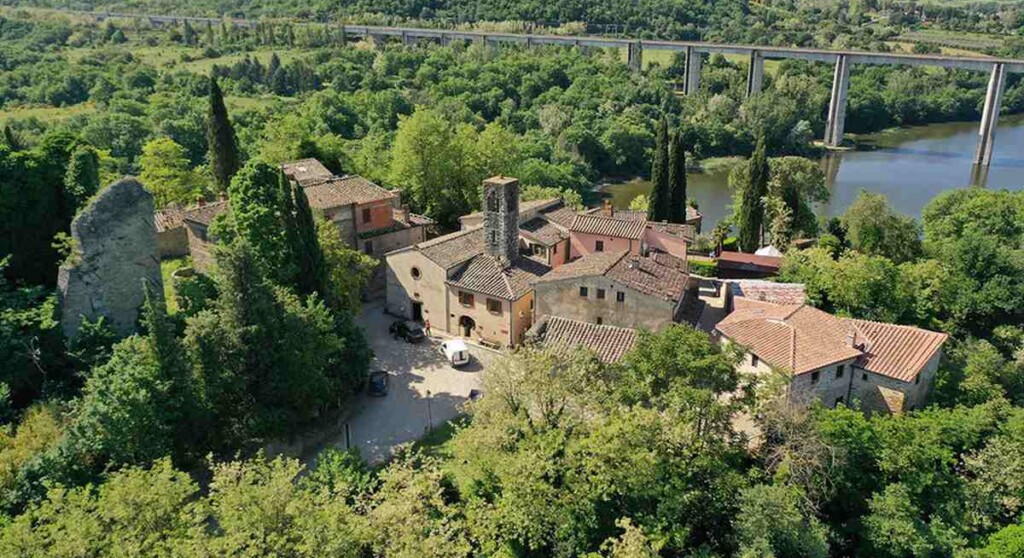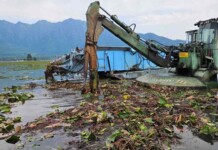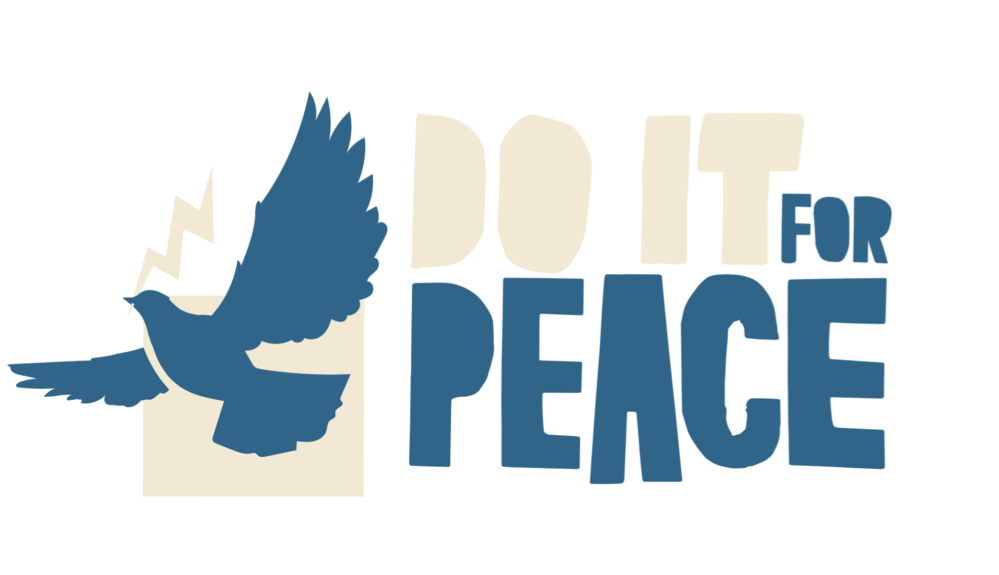
In Italy, a one-of-a-kind school sees Palestinians graduating alongside Israelis, Americans with Tribal origins alongside those with European origins, and Bosnian Muslims next to Orthodox Serbs—all in the name of creating a generation of interfaith peacebuilders.
The Swallow Citadel of Peace, located in a medieval campus in the hills of Tuscany near the city of Arezzo, offers a variety of higher educational programs and degrees, but it comes with a catch.
Prospective students must live with the “enemy”—either those of a domestic ethnic group or a neighboring nation—all in the name of deconstructing the reasons behind their hatred and conflict, breaking the trance of viewing people as the “other,” and returning to their nations as peace leaders.
In this time of ethnic conflicts all over the world, where a generation has been brought up tending plants sewn by seeds of conflict four or five generations in the past, it could be the most important school on Earth.
“We didn’t want to build a Utopian place where students could pretend war doesn’t exist,” explains Franco Vaccari, co-founder and president of Rondine. “We wanted, rather, to create a neutral ground, away from the chaos of their homelands and bigger Western cities, where our students could focus on a peaceful dialogue.”
The school, called Rondine which means the swallow in Italian, offers various degrees like a master’s program in conflict management and humanitarian action. Students arrive and begin an intensive course in Italian language, and then proceed to study interfaith dialogue, methodological and leadership skills to deconstruct the idea of “the enemy,” and reconciliation.
At the end of their journey, they are required as per the scholarship to go back to their country of origin and lead a peacebuilding and reconciliation program for 1 year.
Ruzica Markovic is one such student, who spoke to Christian Science Monitor about her progress. A Bosnian Croat born in the aftermath of the Balkans War which saw the ethnically motivated killing of 100,000 people across the region, she has since graduated and returned home to hold interfaith cafe events, conferences, and summer camps focused on reconciliation.
“I learned to see the other person as myself: a being with emotions, challenges, pain, frustrations, maybe some traumas. That’s the lesson I brought back home,” Ms. Markovic told CSM in a video call from Sarajevo.
CONFLICTS IMPROVING AROUND THE WORLD: Deforestation Fell 26% in Colombian Amazon Last Year Since Peace and Reconciliation with Rebels in FARC
It’s not as easy a mission as it might seem when walking through the veritable medieval castle that makes up the Rondine campus, filled with gnarled oaks and beautiful Tuscan food, and educators at the Citadel of Peace said that sometimes the news gets turned on and arguments flair up that haven’t been expressed in months.
But many opportunities like shared study, communal dorms, and sporting events all help to reinforce the idea, nay the truth, that the students there are just people, not enemies.
MORE WORK LIKE THIS: Locals Are ‘Interrupting Violence’ in Minneapolis – One Lawn Chair at a Time
This year’s new class will include Armenians and Azerbaijanis—hot on the heels of the latter’s seizing, and some say ethnic cleansing, of the former’s presence in the disputed territory of Artsakh-Nagorno-Karabakh. It will include Russians and Ukrainians, hot on the heels of the latter’s recent defeat by the former in the Donbas and Kherson.
It will include Canadians and Americans of tribal origin and those of European origin, and Palestinians and Israelis.
SHARE The Inspiring, World-Changing Work Of This Unique School…




















